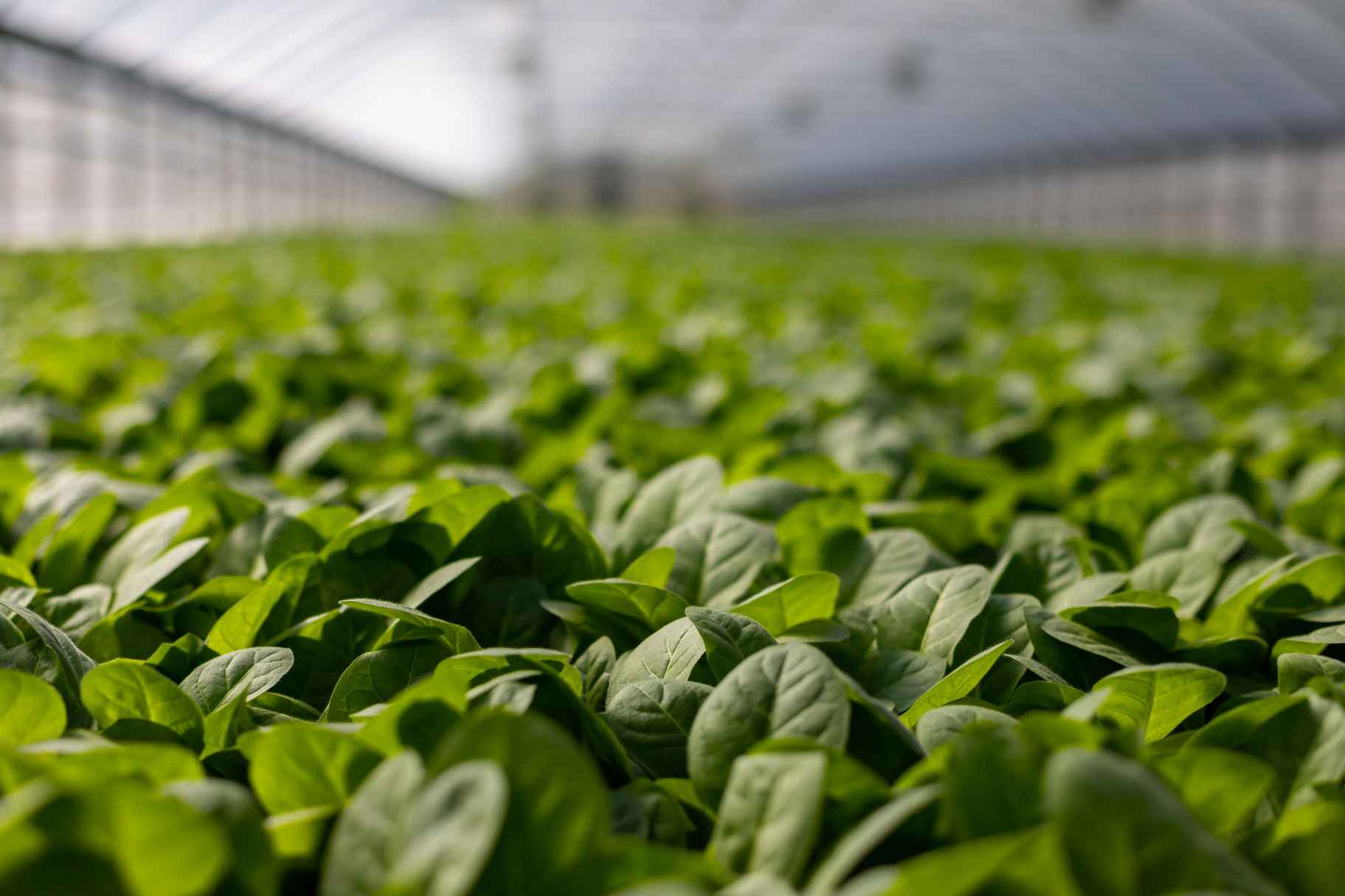Studies have conclusively demonstrated that educational initiatives designed to enhance children’s fruit and vegetable consumption not only succeed in promoting healthier dietary habits but also serve as a gateway for students to explore career opportunities in horticulture.
The encouraging trend of an escalating number of children meeting their daily fresh produce intake underscores the significance of establishing more robust connections between food production and educational outcomes.
One noteworthy avenue for incorporating this holistic approach is through teaching pedagogy that focuses on greenhouse growth within both school and college curricula.
This innovative life skill program extends beyond conventional classroom teachings, imparting practical knowledge and instilling a profound understanding of horticulture.
Greenhouse growing not only cultivates essential life skills but also nurtures a deep appreciation for the entire food production process.
In educational institutions, the curriculum can be enriched with hands-on experiences in botanical garden greenhouse, providing students with valuable insights into sustainable agriculture practices.
Practical aspects such as seed planting, cultivation techniques, and pest management can be seamlessly integrated into coursework.
This experiential learning not only enhances students’ understanding of the subject matter but also instills a sense of responsibility towards the environment.
Incorporating greenhouse growth as a life skill program fosters a sense of entrepreneurship among students. They not only learn about cultivating crops but also gain insights into market dynamics, budgeting, and the economic aspects of horticulture.

This multifaceted approach not only prepares students for potential careers in the field but also equips them with transferable skills that are applicable across various domains.
Benefits of Greenhouse Growing Education
Educating individuals in the ways of greenhouse growing presents a myriad of advantages, extending beyond the boundaries of horticulture itself.
This comprehensive education not only imparts technical knowledge but also fosters skills that are transferable to various aspects of life, thereby creating substantial value for both the economy and society.
Let’s delve into the ten key advantages of such education:
Skill Development
Learning the intricacies of greenhouse growing hones a diverse set of skills, including but not limited to, planting, crop management, pest control, and irrigation.
These practical skills are not only crucial for success in horticulture but also serve as a foundation for developing a range of competencies applicable in other fields.
Also Read: How to Convince Your Parents to Homeschool You: A Homeschooler’s Guide To Persuade Mom and Dad
Scientific Understanding
Greenhouse growing involves a deep understanding of plant biology, chemistry, and environmental science. Educating individuals in this domain enhances their scientific literacy, fostering a generation that appreciates the ecological interplay between plants and their surroundings.
This scientific knowledge is transferable to a variety of professions, contributing to a more scientifically informed society.
Entrepreneurial Acumen
Greenhouse education provides insights into the business side of agriculture. Students learn about market trends, pricing strategies, and the economic aspects of crop production.
This entrepreneurial acumen not only cultivates a spirit of self-reliance but also equips individuals to contribute to economic growth through potential ventures in agriculture.
Sustainable Practices
Greenhouse growing emphasizes sustainable agricultural practices. Educated individuals are more likely to adopt eco-friendly approaches, such as organic farming and water conservation.
This knowledge contributes to the broader goal of sustainable development, addressing environmental concerns and ensuring the long-term viability of agricultural systems.
Technological Proficiency
As modern agriculture increasingly incorporates technology, greenhouse education exposes individuals to cutting-edge farming techniques.
From automated irrigation systems to climate control technologies, students become proficient in using technological tools that enhance efficiency and productivity.
This technological literacy extends beyond agriculture, preparing individuals for a tech-driven workforce.
Critical Thinking
Greenhouse growing involves constant decision-making, from choosing the right crops to addressing unforeseen challenges. Education in this field stimulates critical thinking and problem-solving skills.
These cognitive abilities are valuable in various contexts, fostering individuals who can analyze situations, make informed decisions, and adapt to changing circumstances.
Health and Nutrition Awareness
Understanding the cultivation of fruits and vegetables in a greenhouse setting promotes awareness of the nutritional value of fresh produce. Educated individuals are more likely to make informed dietary choices, contributing to improved public health.
This knowledge becomes particularly crucial in combating issues such as food deserts and malnutrition.
Community Engagement
Greenhouse education often involves community projects and outreach initiatives. Students learn not only to cultivate crops but also to engage with the community, sharing knowledge and resources.
This community-oriented approach instills a sense of social responsibility, creating individuals who actively contribute to the welfare of their communities.
Cultural Appreciation
Agriculture has deep cultural roots, and greenhouse education provides insights into traditional farming practices. Understanding the cultural significance of agriculture fosters appreciation for heritage and encourages the preservation of agricultural traditions.
This cultural awareness contributes to the richness and diversity of society.
Job Creation and Economic Impact
Educating individuals in greenhouse growing creates a skilled workforce ready to meet the demands of a growing agricultural sector. As the educated workforce enters the job market, it stimulates economic growth by contributing to increased agricultural productivity.
Moreover, the entrepreneurial skills acquired through education may lead to the establishment of new businesses, further contributing to job creation and economic value.
Also Read: How to Study Effectively for Exams: The Art of Preparing Well for Exams?
Conclusion:
Educating individuals in the ways of greenhouse growing transcends the boundaries of traditional horticulture education. It cultivates a holistic set of skills, fosters scientific understanding, promotes sustainability, and prepares individuals to navigate the challenges of a rapidly evolving world.
The ripple effects of this education extend to societal and economic domains, creating a workforce that not only sustains itself but actively contributes to the betterment of communities and the broader economy.
Greenhouse growing education is pivotal in addressing the alarming disconnect many children have between their food sources and the supermarket shelves.
By imparting knowledge about agriculture and horticulture, this education bridges the gap between farm and table, instilling an appreciation for the origins of our sustenance.
By cultivating skills, fostering environmental consciousness, and promoting sustainable practices, greenhouse education not only equips individuals for careers in agriculture but also cultivates informed consumers who understand the journey of their food.
It is a transformative approach that not only nourishes crops but, crucially, nurtures a generation with a deeper understanding of and respect for the intricate processes that sustain us.



